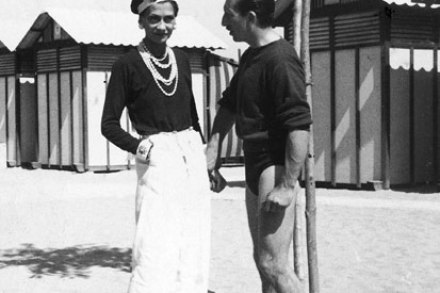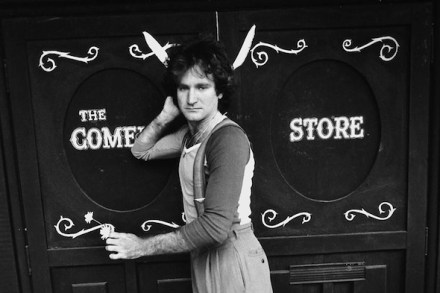In love with the lodger
Champion Hill, Camberwell, 1922. A mother and daughter, stripped of their menfolk by the Great War, struggle to make ends meet in their genteel villa. Servantless, Mrs Wray keeps up appearances while her daughter Frances confronts the reality of hands-and-knees housework. Reluctantly, they advertise for ‘paying guests’, and are rewarded with Leonard and Lilian Barber, who are young, noisy, sexy and vulgar, with a whiff of the music-hall about them. This is perfect territory for Sarah Waters. Women reshaping their lives without men, social barriers dismantled through economic necessity, notions of respectability challenged by the world convulsion of the preceding years. It’s a setting in which she can explore the




















